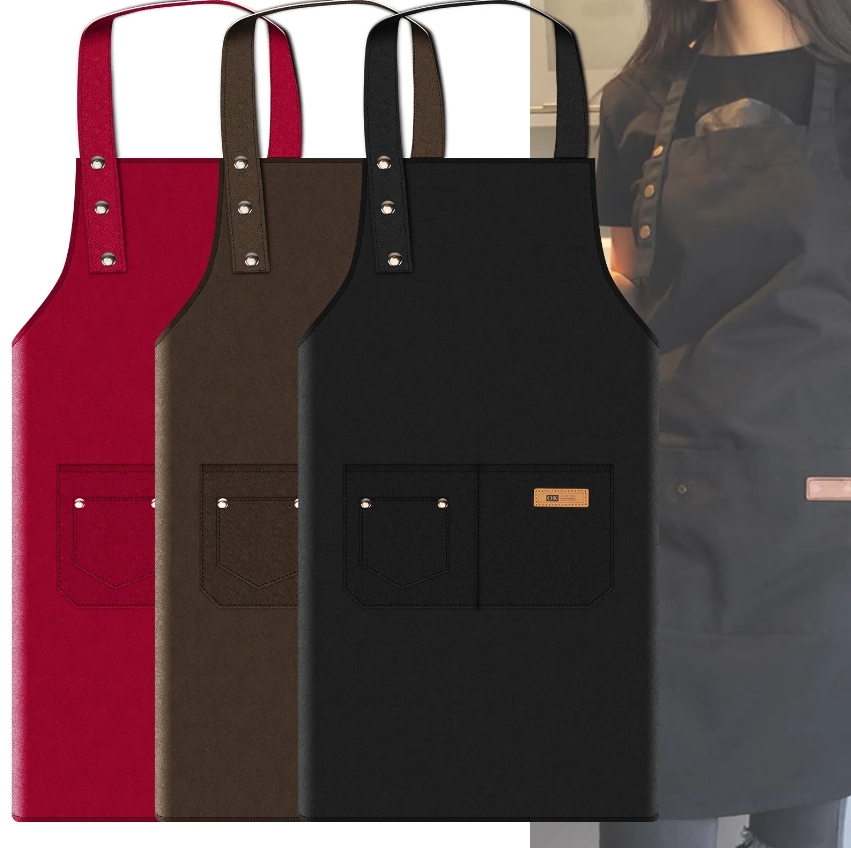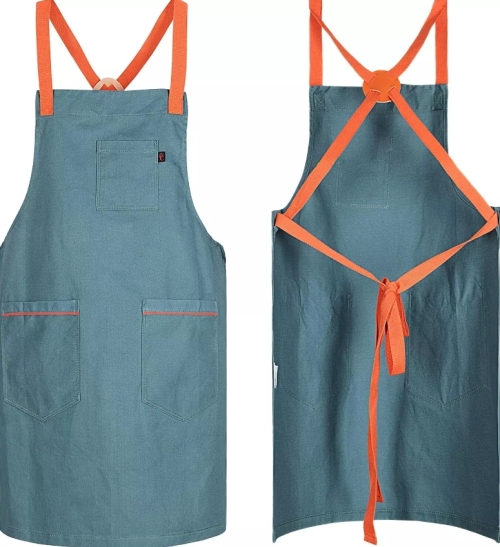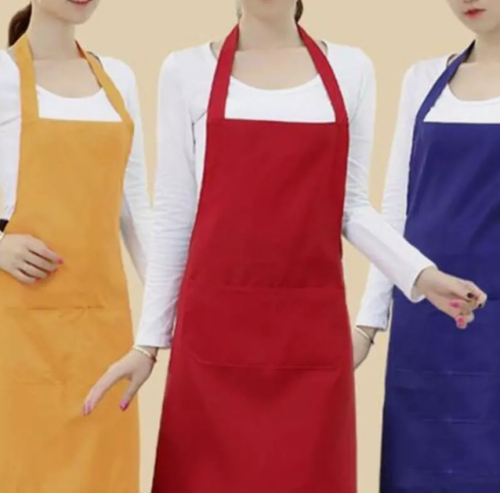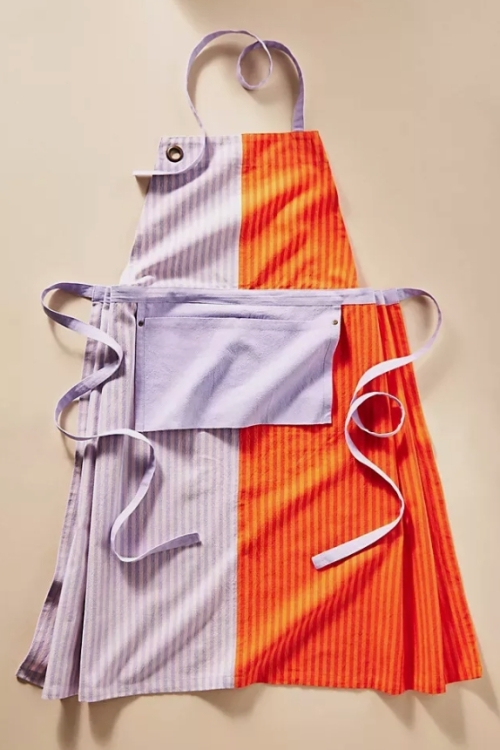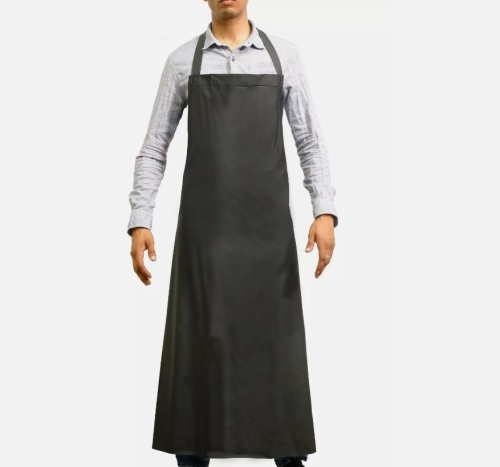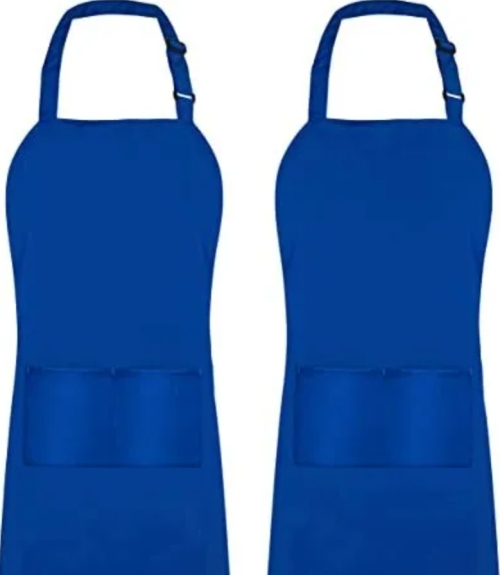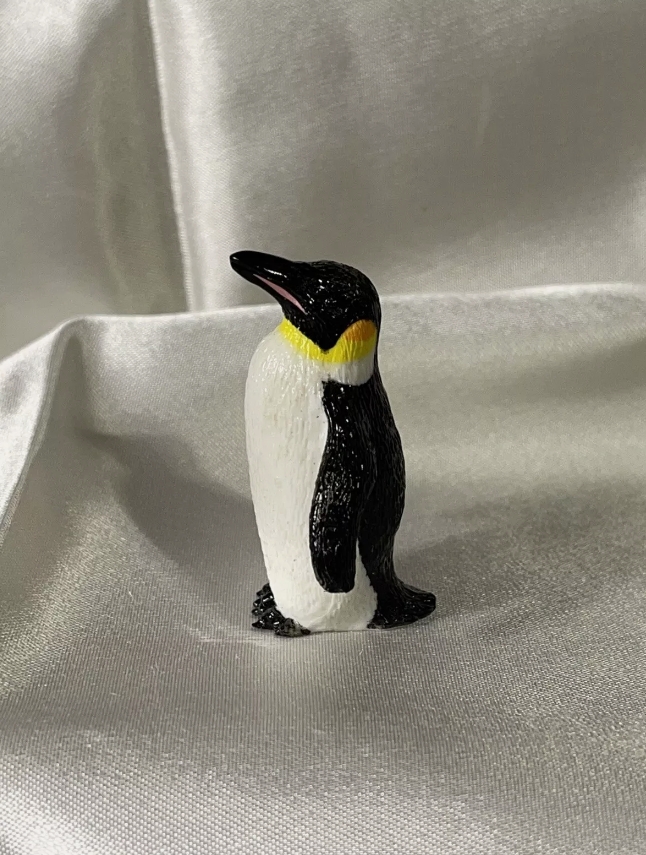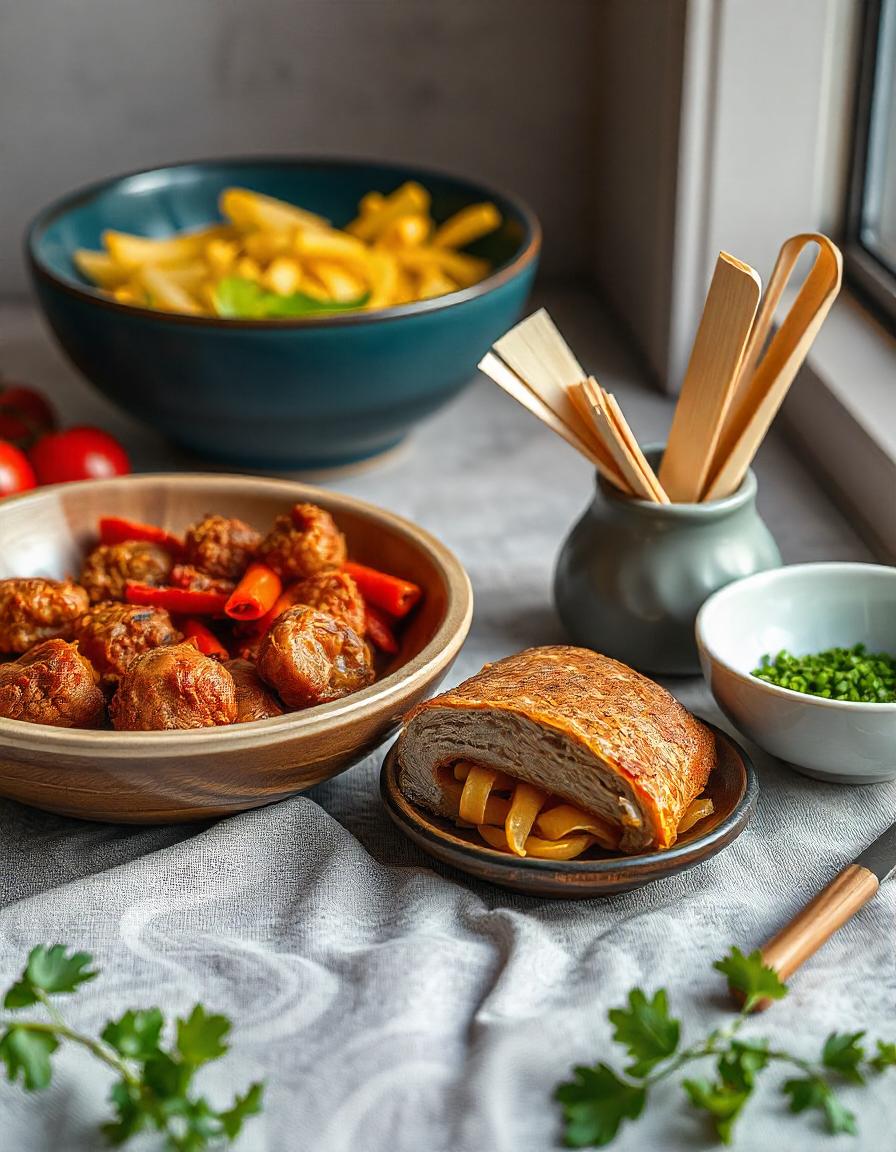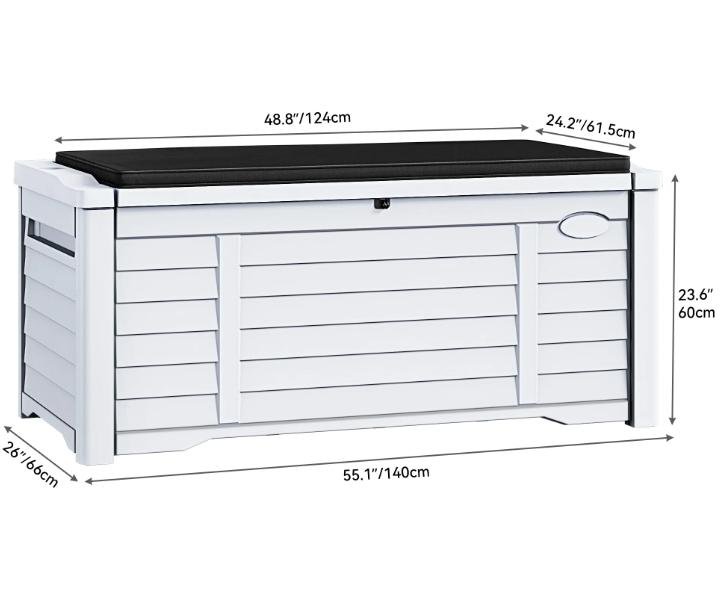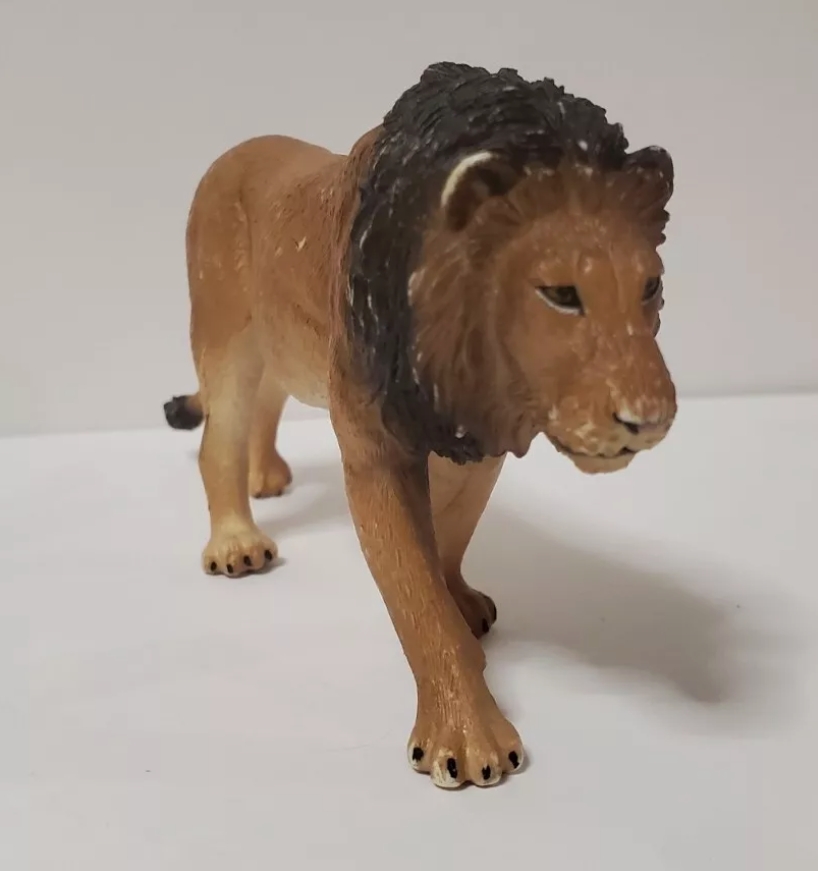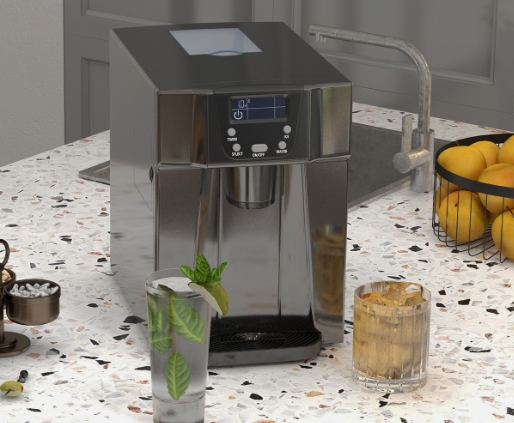The apron, as a practical and attractive garment, has long gone beyond a simple protection tool to become an important part of the art of cooking and living. It has a long history, from the simple cloth in ancient times to the diversified design in modern times, the evolution of the apron reflects the change of people's lifestyle and the integration of culture.
In the kitchen, the main function of the apron is to protect clothing from oil spills and stains. However, it is more than that. Aprons come in a variety of materials, colors and styles, often reflecting the personality and taste of the user. The traditional plaid apron, the modern minimalist design, and even the unique style of hand embroidery all convey a warm emotion. The apron is not only regarded as a tool, but also as a symbol of life attitude, representing the love of cooking and the pursuit of life.
Aprons also have unique symbolic meanings in different cultures. For example, in some places, the apron is seen as a symbol of female gentleness and virtue, while in other places,it represents the warmth and care of the family. Aprons are worn not only for cooking,but also for family activities such as crafts and gardening. This versatility has given the apron a place in everyday life.
In addition to practicality, aprons are also endowed with emotional memories. In many families,the apron is not only an individual item,it often carries family traditions and memories. Whether it is inherited from the elders or a unique style made by oneself,these aprons are like the connection of time in every wear, evoking the warmth and nostalgia in the bottom of my heart.
With the change of lifestyle,apron has also undergone many innovations and changes. In addition to the traditional kitchen apron,many people are starting to use fashionable aprons as an everyday piece of clothing,incorporating them into every aspect of their lives.

